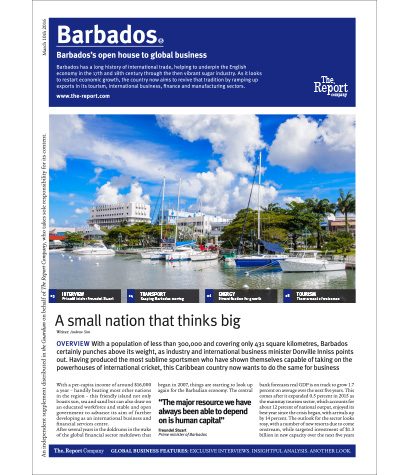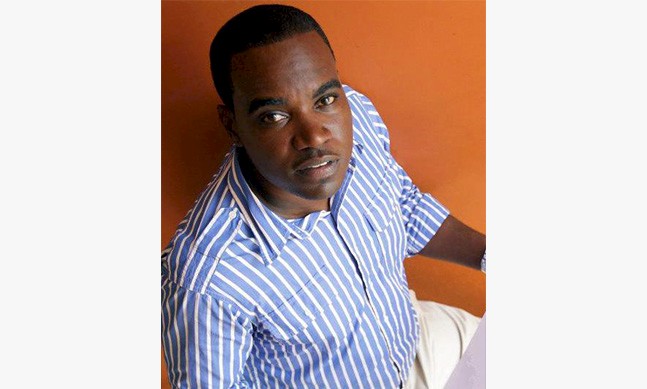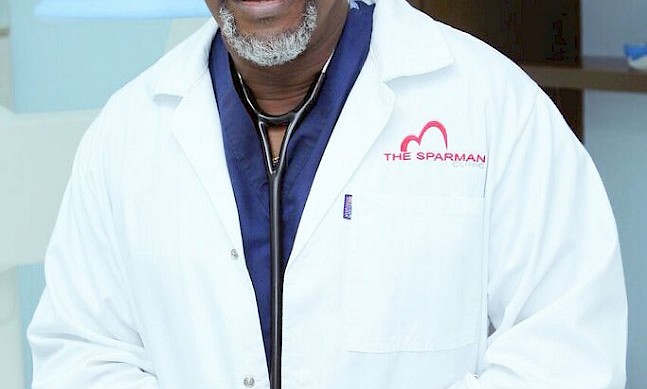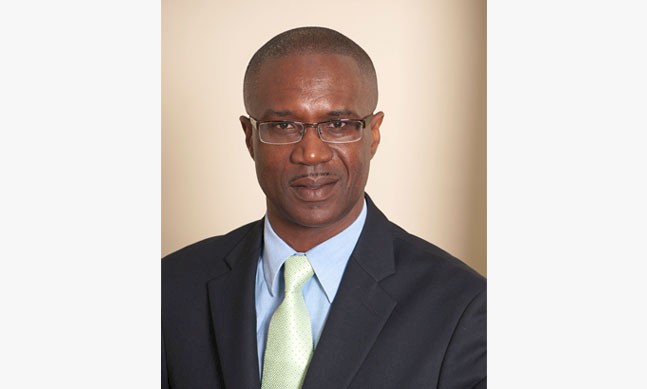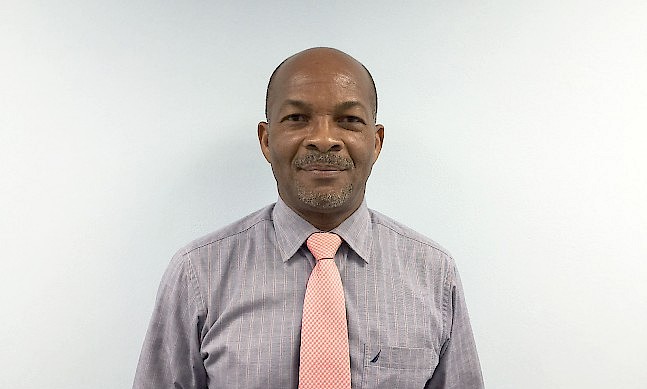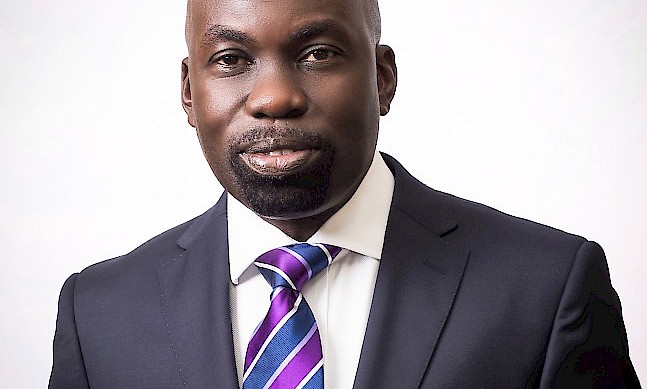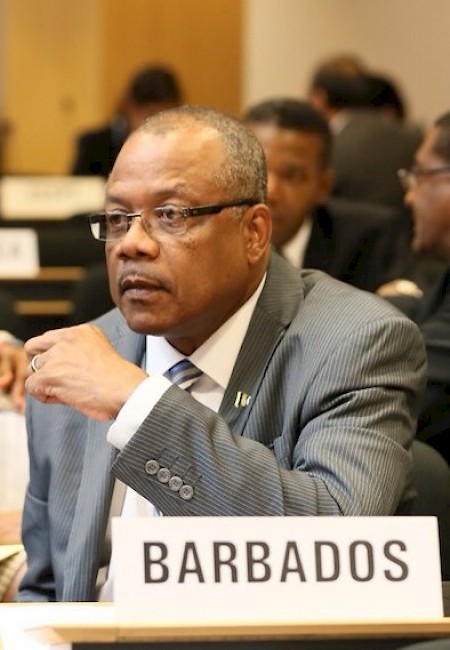 Photo: Ministry of health
Photo: Ministry of health
John Boyce was first elected as an MP in January 2008, and worked with his constituency to build on areas of major neglect and greatest potential. Following a stint as transport minister, he now holds the portfolio for health. He spoke to The Report Company about Barbados’ enviable progress in the sector.
The Report Company: How would you appraise Barbados’ progress since independence?
John Boyce: We are about to celebrate 50 years of independence in Barbados, and it is a unique opportunity for us to share with our people and indeed with the world the developments that have marked the Barbadian experience. Many years ago, Barbados was essentially an agrarian economy. It was a very successful one with sugar cane being at the heart of this activity, and of course the byproducts of sugarcane, especially the production of our rum, which we still remain famous for.
Since independence in 1966, we have changed the emphasis of Barbados. We have spent a lot of time building up our capacity in tourism, and we have also spent a lot of time building our capacity in overseas investment and in the offshore financial sector. We have also continued to develop our health systems. Today, we operate with one general hospital, the Queen Elizabeth Hospital, as well as nine clinics which serve our people at the primary health care level. We allocate about 11 percent of our budget to healthcare annually. This is well within the agreed ranges globally and certainly in the eyes of the World Health Organization and other agencies, we are among the leaders in this regard. In terms of our disease profile, we like most countries have moved from the communicable disease environment of the 1940s, 1950s and 1960s, to one today where our health burden is in the area of non-communicable diseases such as hypertension, diabetes and cancer.
“We have one of the most comprehensive immunisation schedules within the region, and we are always expanding”Tweet This
TRC: What impact does the healthcare sector have on the country’s development?
JB: It is well accepted that a country’s development is linked to how much it spends on education and health. In this regard, we have spent a lot of money and a lot of time building our education institutions and our health institutions. Speaking specifically to our successes with HIV, we have moved from the early incidence of HIV in the early 1980s to today, where we are now being accredited for the prevention of mother-to-child transmission of HIV. We have one of the most comprehensive immunisation schedules within the region, and we are always expanding. A few years ago we made the decision to move ahead with the introduction of a cervical cancer vaccination, and we have expanded that programme to include not only pre-teen girls but also pre-teen boys. We are trying to scale up even simple things such as the flu vaccine.
There is also a significant programme for the elderly here, including both private and public participation, and of course the care of our mentally ill. These are two areas where we need to place significant emphasis as we go forward. Our healthcare programme is a total programme, and we believe that there are opportunities for building even more public-private participation as we continue to look for further solutions.
“We believe that our sunkissed beaches and our beautiful weather are a wonderful attraction for those who are contemplating recuperation here”Tweet This
TRC: Can Barbados aspire to become a medical tourism destination?
JB: I don’t see why not. I think that that is one of our investment ambitions. Of course, that would require the identification of a suitable partner for such a venture. We believe that what we offer at our hospital in terms of surgeries are in line with most of the offerings in the international arena. There are very few procedures that we have to refer outside Barbados. But it is a competitive market. We believe that our sunkissed beaches and our beautiful weather are a wonderful attraction for those who are contemplating recuperation here. The only thing is that we are not the only sunkissed island in the world, but we are indeed in the market for health tourism.
TRC: What would you like to contribute to the healthcare sector during your time in this role?
JB: We have certainly settled on our programme for tackling non-communicable diseases. We have put in place the interministerial committee, which is charged with looking at the whole question of how different sectors can come together to make sure that the Barbadian offering in battling non-communicable diseases is successful. We are looking at where the necessary legislation, taxation, import restrictions and labelling criteria can be put in place, especially in terms of tackling issues of obesity and nutrition in our children. I think that overcoming this issue would be a wonderful legacy to share with the people of Barbados.
